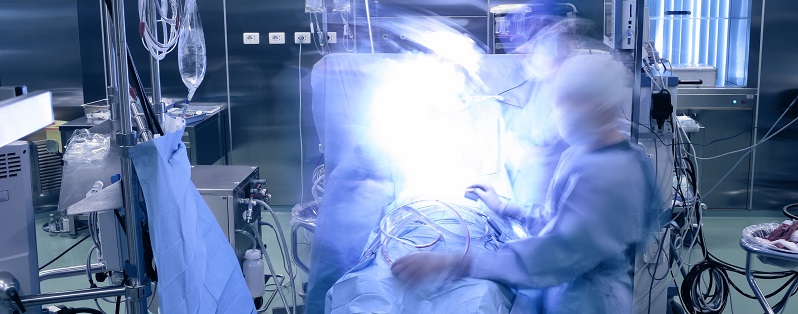4 Tips For Recovering If You Need General Anesthesia For Your Spine Surgery
Category: Spine Surgery | Author: Stefano Sinicropi

General anesthesia is a wonderful tool that can allow doctors to perform intricate and complex surgical procedures while the patient is in a sleep-like state, free from pain and discomfort. Special medication is administered either in a gas-like form through a mask or in a liquid form intravenously to ensure that the patient remains in a safe sleep-like state throughout the duration of the procedure.
However, as you can imagine, it will take a bit to shake off the effects of the anesthesia once you wake up after the procedure. In today’s blog, we share some tips for how you can get back to feeling normal once again if you need general anesthesia for your spine procedure.
Recovering From General Anesthesia After Back Surgery
It should go without saying, but we’ll say it just to ensure that we cover our bases. The following is just general medical advice. You’ll want to follow the specific post-op care instructions of your surgical team, as it may differ slightly from what you read below, and they will have information tailored to your specific surgery and recovery. With that said, here are some basic guidelines for recovering from the effects of general anesthesia.
- Your Diet – Let’s start by taking a look at your dietary choices after receiving general anesthesia. It’s not uncommon for patients to feel a little woozy or nauseous for the first 24 hours after they come out of surgery. Because of this, you’ll want to be smart about what you put in your body so that it doesn’t cause discomfort or vomiting. Start with small amounts of clear liquids and easily digestible foods, and increase your intake as your body gets used to everything. Anesthesia can slow your digestive process, so you may not be hungry as often right away after surgery, so again, take things slow with your diet. Avoid sugary or spicy foods, as these can end up upsetting your stomach.
- Your Activity Level – Your doctor will likely tell you to take it very easy for the first 24 hours while the effects of anesthesia may still be lingering. If you are being discharged during this period, you will need to find someone who can drive you home, as it will be too dangerous for you to drive at this time. You will want to avoid strenuous activity, operating heavy machinery or making any significant legal decisions during the first 24 hours after your operation, as anesthesia can cloud your judgment and reaction time. Odds are you’ll also have some physical restrictions from the surgery itself, so simply take it easy and stay within the physical restrictions imposed by your care team.
- Medications – Take your medications as directed by your care team. If you’re still dealing with the effects of anesthesia, pain medications can serve to amplify certain feelings, like nausea or fatigue, so again it’s important that you get plenty of rest during this time. Also, you’ll want to avoid consuming alcohol during this time, as alcohol can cause problems for your medication or the effects of general anesthesia. If you have questions or concerns about your medication regimen after surgery, reach out to your provider.
- When To Call – Finally, if your symptoms have gotten worse since discharge or you’re experiencing intense nausea, dizziness or vomiting, you’ll want to reach back out to your care team. Most symptoms after general anesthesia are mild and fade as time passes, but every once in a while patients face worsening symptoms, and your doctor will just want to make sure that everything looks fine. If your symptoms are severe or get worse as time passes, give your provider a call.
The team at the Midwest Spine & Brain Institute knows how to help patients come out of surgery and recover from the effects of general anesthesia, and we’ll be with you during your recovery every step of the way. For more information, or for help with a spine issue that you’re dealing with, give our team a call today at (651) 430-3800.